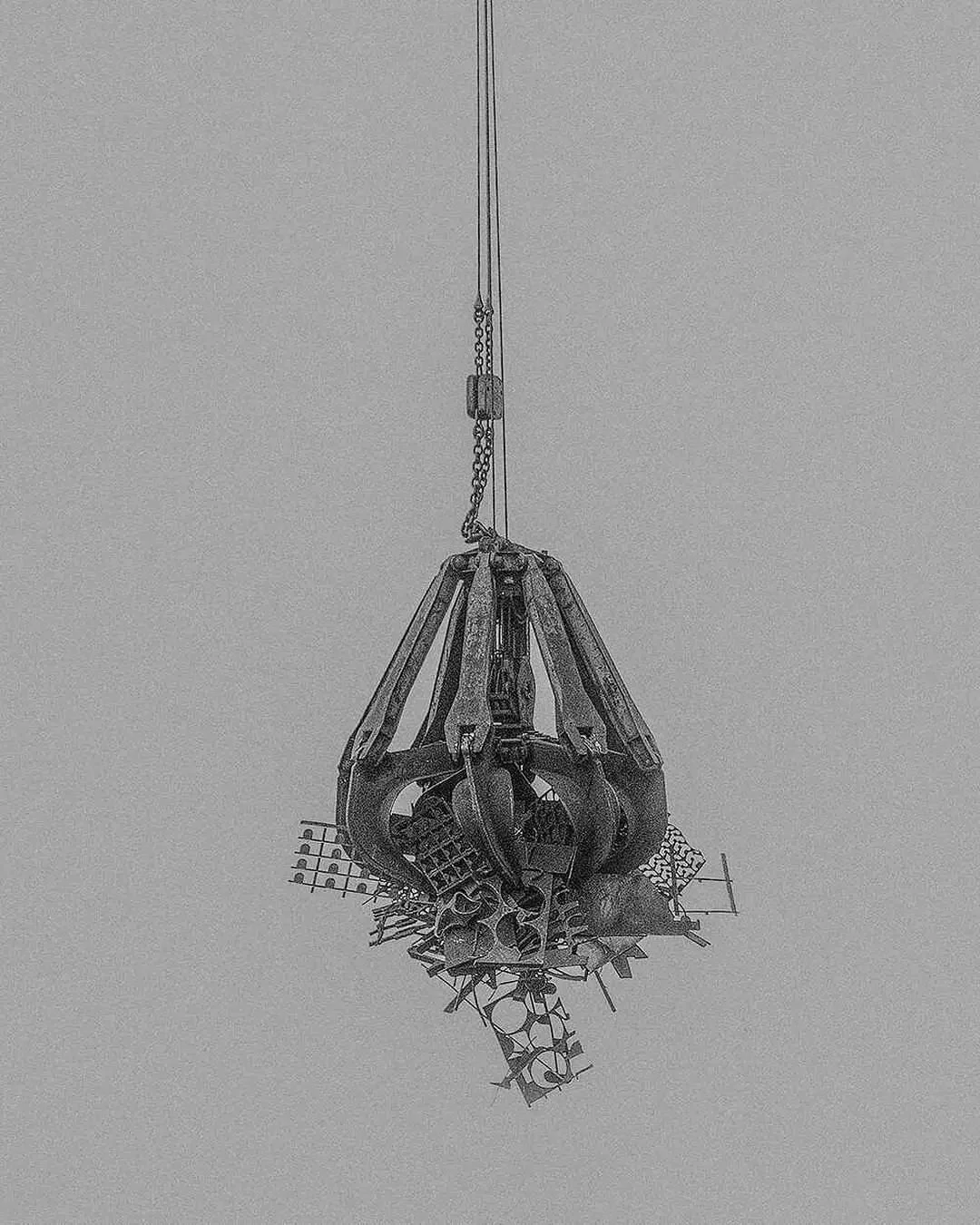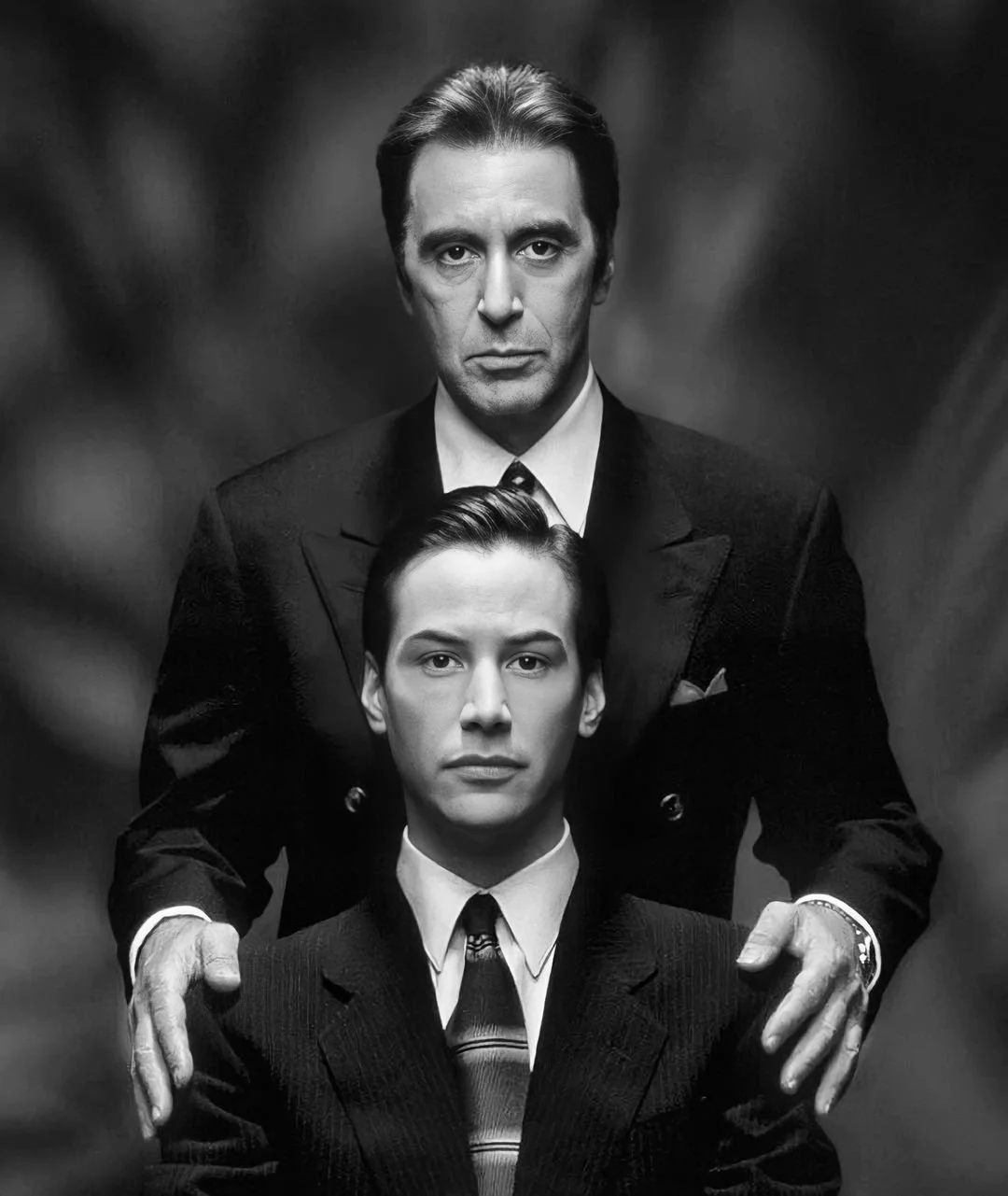Who decides if you're successful or not? If it's other people, you are not an entrepreneur.
The market is generally efficient. All the obvious opportunities have already been taken. To create real value, you must act unconventionally, surprising everyone, including yourself.
Unusual solutions only fit when the founder is intimately connected to his environment. He relies on his sense of what must be done right now. The crowd’s opinion is useless here.
An entrepreneur's measure of success lies within.
Like a hermit monk, he knows when he has sinned, meaning he has strayed from his goal. Mistakes are valuable because they point toward the ideal.
Notice that an inner compass is not the Ego. In this sense, a founder, surfer, musician, and poet are alike. They recognize the presence of a higher power with which they seek to align.
To achieve this, you must be extremely attentive, precise in words and actions, and honest with yourself. Then, the giant wave won’t crash you but will lift you to heights you never dreamed of.
Sincerely yours,
-Alexander
About me:
As a business therapist, I help tech founders quickly solve dilemmas at the intersection of business and personality, and boost company value as a result.
How can I help you?
If you've long been trying to understand what is limiting you and/or your business and how to finally give important changes a push, then The Catalyst Session is designed specifically for you. Book it here.





















